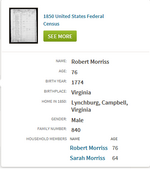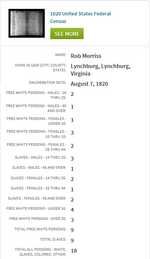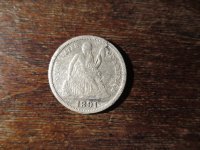OP
OP
Old Silver
Guest
- Thread starter
- #21
Why should someone who you claim was not invited onto this thread even attempt a civil dialog with you?
"Go play with someone else, I can see by you carry that you come from Barrytown"
-Steely Dan
Please go hijack another thread. Thank you.







